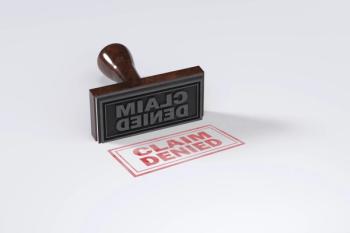
More cloak-and-dagger details about the 2010 Eli Lilly Enfield drug heist come out
Attempts were made to relabel stolen product with counterfeit labels, says NJ Star-Ledger
Although the trial is yet to be held, a fuller story of the Enfield, CT burglary—with product worth $75-80-million, making it the arguably the largest burglary of any kind in US history—has been
FBI agents were able to trace newly purchases tools left at the Enfield robbery to a Home Depot in Flushing, NY, and also to tie one of the defendants to air travel and a car rental in that area at that time. A later clue, according to FBI affidavit details in the newspaper story, came up when a parcel sent from the Dominican Republic, to a marina frequented by the defendants, was intercepted by US Customs in Florida. FBI investigators believe that the labels were meant to be used on the stolen Lilly products—which might indicate that the burglary ring was aware of the importance of pedigree documentation and matching label information. Ultimately, little or none of the stolen Lilly product showed up in retail outlets, although apparently some of the stolen Advair product had.
By late 2010, FBI and police agencies in Florida and New Jersey were picking up hints from informants that drug-fencing transactions were being scheduled, some of which were surveilled and recorded. FBI moved on May 3 to arrest a total of 22 men.
Newsletter
Stay ahead in the life sciences industry with Pharmaceutical Commerce, the latest news, trends, and strategies in drug distribution, commercialization, and market access.




